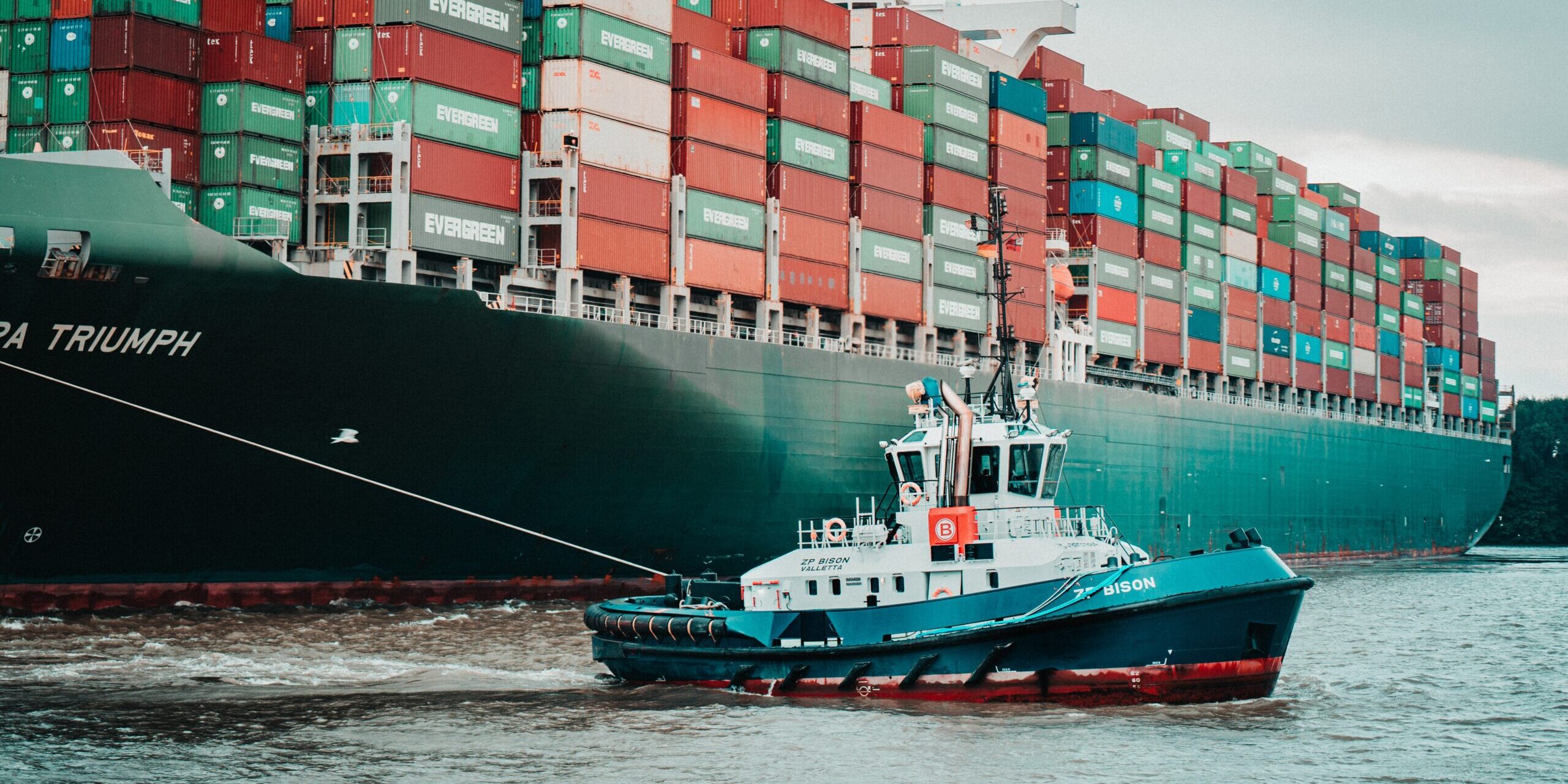In recent years, global supply chains have faced unprecedented challenges, from the COVID-19 pandemic to unforeseen disruptions like a semiconductor factory fire and the Suez Canal blockage. These disruptions have had far-reaching impacts on industries, including the Pro AV sector, leading to product shortages, delays, and financial losses for integrators, dealers, and manufacturers, as well as their clients.
While supply chain disruptions have become less severe since the onset of the pandemic, industry experts emphasize the importance of remaining vigilant. Drew Novelli, Purchasing Manager at Verrex, highlights that supply chain issues are an ongoing concern, whether due to global chip shortages, unexpected price increases, or high demand for specific equipment.
Jeremy Caldera, Executive Vice President of Pearl Technology, notes that certain components like control systems, wireless microphones, amplifiers, and speakers continue to face supply challenges. Rich Ventura, Vice President of Professional Display Solutions at Sony, predicts that concerns may persist due to both gear backlog and installation delays caused by labor shortages.
Crestron’s Transparent Approach
One company that garnered attention during these supply chain challenges was Crestron, a major equipment supplier for residential and commercial integrators. Crestron’s proactive and transparent communication with dealers, including hosting town halls and providing updates, set an example for the industry.
Brad Hintze, Executive Vice President of Marketing at Crestron, stressed the importance of transparency and partnership during challenging times. Crestron’s commitment to customer-centricity and clear communication helped its dealers manage customer expectations effectively.
Strategies for Resilience
Manufacturers like Audinate adapted to supply chain challenges by employing various strategies. Josh Rush, Chief Marketing Officer at Audinate, shared three key approaches: leveraging the collective power of OEM licensees to secure larger allocations of in-demand parts, redesigning products to use readily available components, and accelerating the shift to software-based solutions like Dante.
Transparency played a crucial role in Audinate’s response. The company openly communicated its efforts to the entire Pro AV industry, fostering stronger relationships and collaboration with its customers and partners.
Lessons Learned and Future Preparedness
Several valuable lessons emerged from these supply chain disruptions. Integrators learned the importance of early communication with manufacturers regarding project registrations and equipment forecasts. Manufacturers, in turn, must provide realistic lead times and offer alternative solutions when necessary.
Julian Arcila, Product Marketing Manager at Seneca, emphasized the significance of contingency measures and thorough vendor vetting to ensure resource capacities and technical support during challenging periods.
Ventura from Sony highlighted the value of open and flexible solutions, partnerships, and the importance of aligning with suppliers and customers. He stressed the need for better planning, communication, and alignment to mitigate the impact of supply chain issues on businesses.
Conclusion: Building Resilience for the Future
As supply chain challenges continue to evolve, the Pro AV industry has recognized the need for resilience and adaptability. Integrators should plan diligently, diversify sources, and maintain strong partnerships with vendors. Clear communication with both suppliers and customers is crucial for success.
While supply chain disruptions are inevitable, the lessons learned from recent challenges will inform strategies for a more resilient future. By prioritizing transparency, collaboration, and preparedness, the industry can navigate uncertainties and continue delivering quality solutions to its clients.







